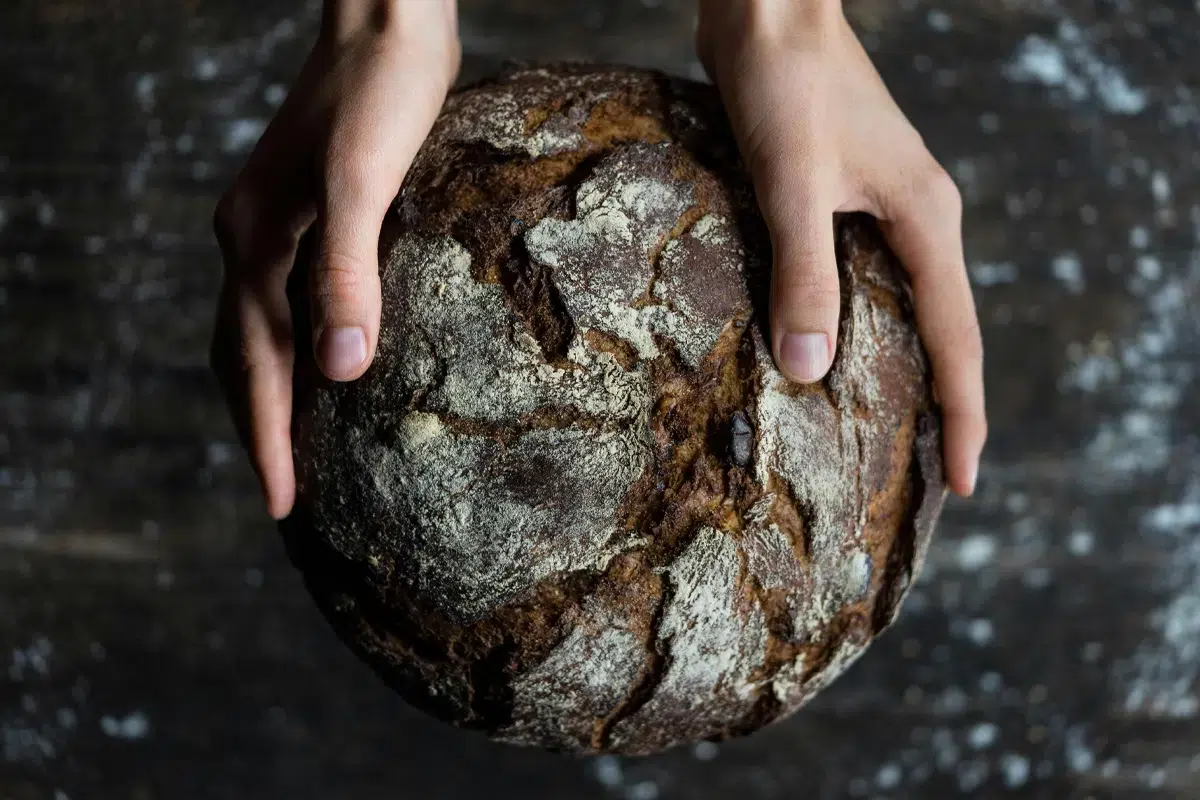Are you struggling to lose weight despite your efforts? Hitting a plateau or seeing little progress can be frustrating, but weight loss resistance is often due to specific factors. So, what’s stopping you from shedding those extra pounds? Here are the 10 most common reasons why weight loss stalls and the best solutions to help you break through.
👉 Want to determine your calorie needs? Use our Basal Metabolic Rate Calculator to adjust your diet accordingly.
👉 Curious about why weight gain happens? Check out our Why do we gain weight? guide.
What’s preventing you from losing weight?
1. An unbalanced diet
Even if you’re eating less, the quality of your diet matters. Too many processed foods, sugars, or unhealthy fats can stall your progress by increasing cravings and making it harder to stay in a calorie deficit.
Perte de poids What are the 5 lowest-calorie breads? How to choose the right one
💡 Solution:
Prioritise whole foods like vegetables, fruits, lean proteins, and complex carbohydrates. Cooking at home gives you more control over ingredients and portion sizes.
👉 Want to achieve your ideal weight with nutrition and exercise? Download our free expert guide now!
2. A slow metabolism
Your metabolism can slow down due to strict diets or lack of exercise. A sluggish metabolism means fewer calories burned, making weight loss harder.
💡 Solution:
Engage in regular exercise, including strength training and cardio, to boost your metabolism. Also, ensure you’re eating enough calories to prevent your body from entering “energy-saving mode.”
3. Oversized portions
Eating too much—even healthy foods—can lead to excessive calorie intake, blocking weight loss progress.
💡 Solution:
Use portion control strategies, such as weighing food and eating mindfully to recognise when you’re full. Focus on low-calorie-dense foods, like vegetables, to feel fuller without consuming excess calories.
4. Chronic stress
High stress levels lead to increased cortisol production, which encourages fat storage, especially around the abdomen. Stress also triggers emotional eating, making calorie control more difficult.
💡 Solution:
Try stress management techniques such as deep breathing, yoga, or meditation. Take short breaks throughout the day to reduce tension and regain focus.
5. Poor sleep quality
Lack of sleep disrupts appetite-regulating hormones, making you crave high-calorie foods and feel hungrier. Sleep deprivation also reduces energy levels, making exercise harder.
💡 Solution:
Aim for 7-8 hours of sleep per night. Establish a relaxing bedtime routine, limit screen exposure before bed, and create a sleep-friendly environment.
6. Hidden calories in drinks and snacks
Sugary drinks, sauces, and snacks can add hundreds of extra calories daily without you realising.
💡 Solution:
Swap sugary drinks for water or unsweetened tea, and choose homemade dressings and healthy snacks. Always check food labels to avoid unexpected calories.
7. Lack of physical activity
Even if you exercise, a generally sedentary lifestyle can limit your daily calorie burn, making weight loss slower.
💡 Solution:
Aim for at least 150 minutes of moderate or intense exercise per week. Include strength training to increase muscle mass and burn more calories. Stay active by walking more, taking the stairs, or standing while working.
8. Hormonal imbalances
Conditions like hypothyroidism, polycystic ovary syndrome (PCOS), or menopause can affect metabolism and promote weight retention.
💡 Solution:
If you suspect a hormonal imbalance, consult a doctor for proper diagnosis and treatment. Adjust your diet and exercise routine accordingly.
9. Not enough protein intake
Protein helps maintain muscle mass and keeps you full for longer. A low-protein diet can increase hunger and lead to muscle loss, slowing your metabolism.
💡 Solution:
Include lean protein sources like chicken, fish, eggs, tofu, and legumes in every meal. Diversify your protein intake to maintain variety in your diet.
10. Lack of structure or tracking
Without clear goals and progress tracking, it’s easy to lose focus and fall into bad habits.
💡 Solution:
Use a food journal or app to track your calories, workouts, and progress. Set realistic goals and celebrate small achievements to stay motivated.
Diet Which cheap meat should you buy? A practical guide to low-cost and nutritious options
What to do when your body refuses to lose weight?
If you’re struggling despite making changes, consider the following:
- Avoid extreme diets that harm metabolism and lead to rebound weight gain.
- Be patient—weight loss takes time and consistency.
- Seek professional advice from a nutritionist or doctor for personalised support.
Take control of your weight loss journey
Hitting weight loss obstacles is normal, but by identifying key challenges and making smart adjustments, you can break through plateaus and achieve long-term success. Focus on consistency, a balanced approach, and healthy lifestyle changes.
👉 Ready to improve your eating habits? Discover practical tips in our guide: How to lose weight and keep it off.
Join the conversation on X (Twitter)!
What are your biggest weight loss challenges? Share your experiences and tips on X (Twitter).
Diet 10 smart and practical tips to cook healthier meals and enjoy what you eat every day









